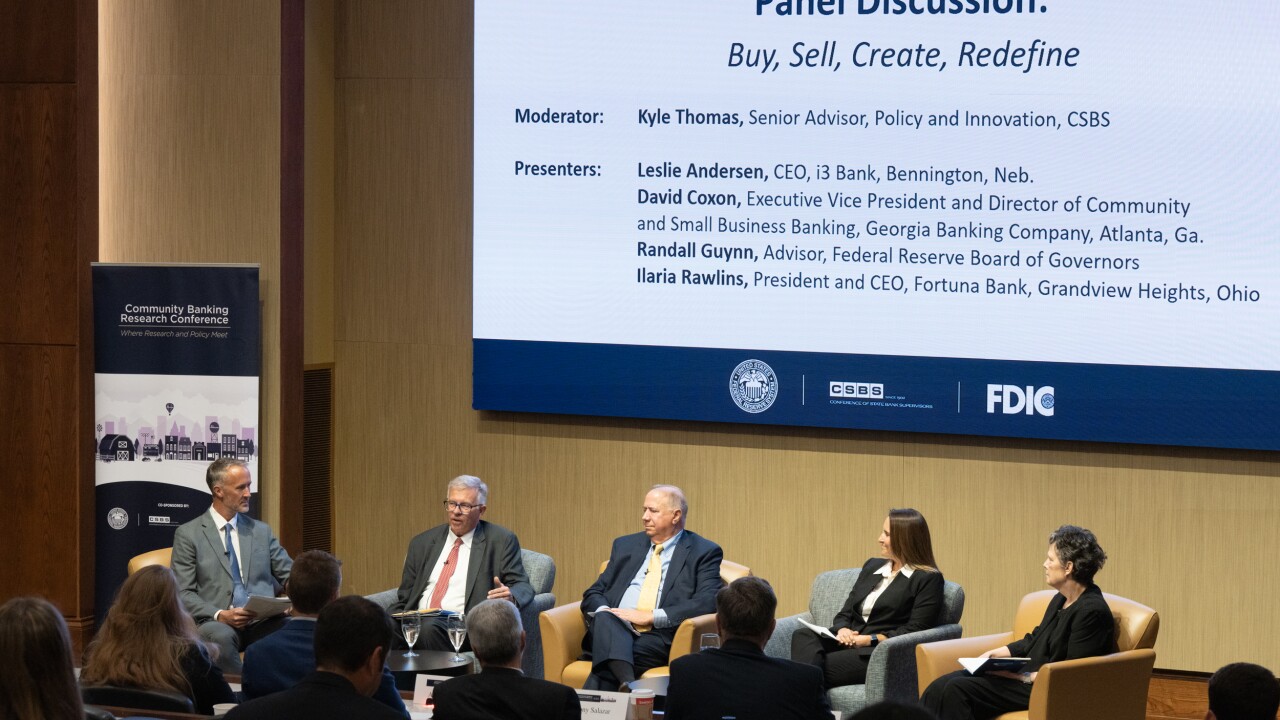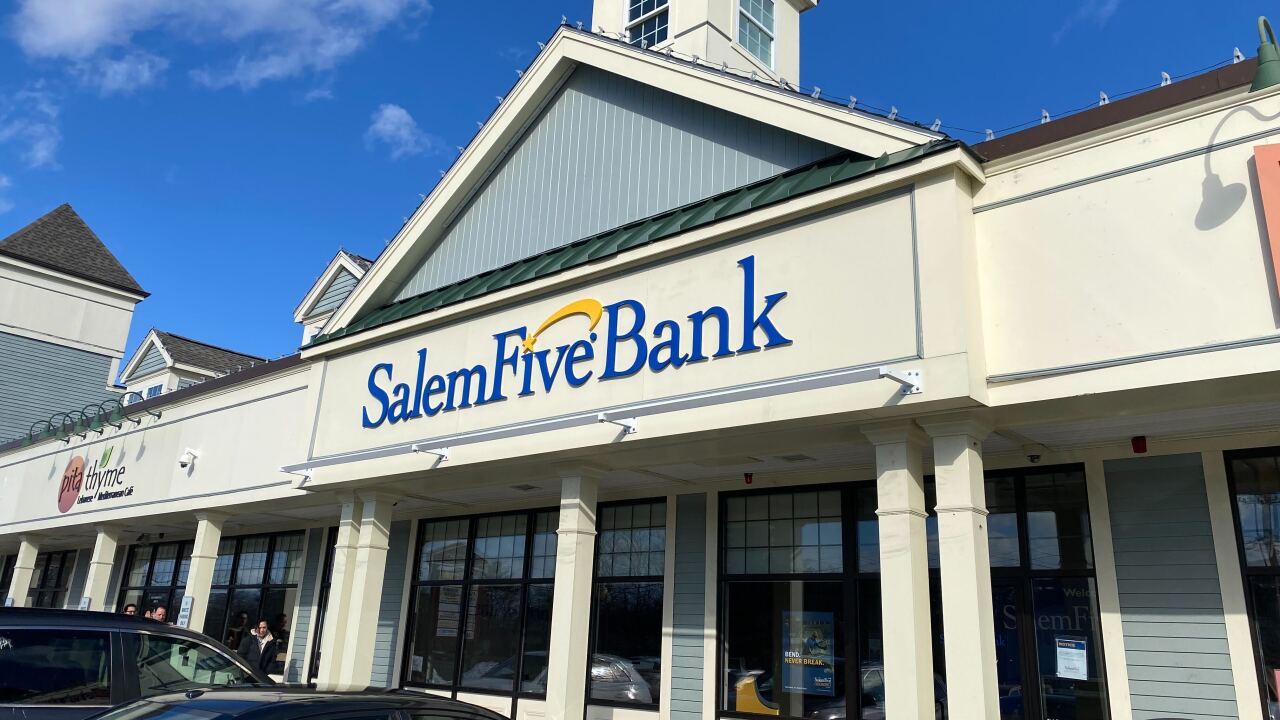Migration to account-based ticketing (ABT) is a major trend for mass transit systems, and has been a lively discussion at recent fintech and transportation conferences.
With a recent report from GMT finding the
Schemes are getting serious about transport, too. Visa has been demonstrating “the holy grail of ABT,” showing the opportunities and value in moving from a stored value card system to an account-based approach.
Singapore is one recent successful migration story in the region, with many other operators citing moving to open-loop as a major priority. Take Malaysia's transport operator Prasarana Malaysia – they are keen to open the door to ABT as a means to achieve interoperability with different fare media and, longer term, adjacent services.
It’s worth noting an EMV-based solution isn’t the only way to create and reap the benefits of an ABT system, though. Indeed, the “holy grail” for many may be a self-designed solution that utilizes open standards.
This neatly leads to a second point. London has been commonly named as a model transport system for its digital payment innovations, but operators need to be mindful there’s no one-size-fits-all approach to digital transformation.
Close consideration and guidance in each market are needed to help define what new systems might look like. Operators must consider several questions: How successful has EMV migration been? What is mobile or contactless adoption like? What are the challenges of your consumers?
The Philippines is one example keen to define its own path. The Department of Transport has a plan to create a national and interoperable automated fare collection (AFC) system, completing the project with its own standards and certification program. Expert advice at the start of, and throughout, projects is invaluable – especially for such in-depth projects. Not only does it ensure solutions are most appropriate to the travellers using them, it defines a system that best aligns with budgetary and technical constraints.
An apt example of a market in need of a unique approach is India. Convergence between payments, transit ticketing and mobility services is creating new technical and business challenges for the country’s traditional urban mobility ecosystem. For many now, the priority is managing the transit-payments balancing act.
With the integration of new technologies including EMV, QR codes, and a new open-loop system, the level of transformation is remarkable. For this level of upgrade, however, third-party validation is vital.
As explained during FIME’s presentation at the show by Angaj Bhandari, FIME'S Country Manager for India, an impartial and external review is far more likely to expose technical faults and point to recommendations for improvement, than an internal review of systems. Moreover, it empowers operators to shift liability and feel confident new systems are of high operational quality.
Travelers have now become consumers – and indeed, the mobility-as-a-service mindset is all about user-centric, on-demand and value-added services.





